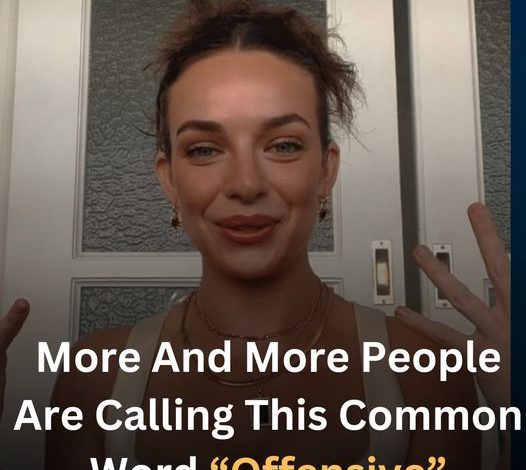
ADVERTISEMENT
Many people call this common term “sad”
Reality TV celebrity Abbie Chatfield, known for her appearance on Bachelor
, recently sparked a heated debate regarding the use of the word “woman.” “The 28-year-old actress called for caution on her podcast Lot, saying the word could be offensive as it is degrading to women and more inclusive of men.
In her podcast, Abbie used the word ‘feminine’ as an insult and the word ‘slut’, comparing it to similar words and looking at the nature of sexuality. He also suggested that the word “reparations” is transphobic because it classifies people solely by their gender, while the word “woman” is used in situations where people understand it better. issue of identity and language. “The reflections sparked a much-needed conversation about gender equality and international integration; many praise it for addressing this often overlooked issue by raising awareness and choosing the right words. But not everyone agrees with Abbie. Some argue that the word ‘feminist’ is neutral and self-explanatory, without negative connotations. They believe that context and intent play an important role in determining whether the use of the word “feminist” is offensive or inappropriate. Regardless of anyone’s opinion, Abbie’s words got people thinking and discussing the importance of holistic language. In an egalitarian society, our words have the power to change perceptions and attitudes about gender and identity.
Ongoing debates about gender and language remind us that we still have work to do in creating a society that supports and respects all people. Through thoughtful and respectful dialogue, we can work to create a world where everyone feels valued and respected.
ADVERTISEMENT




